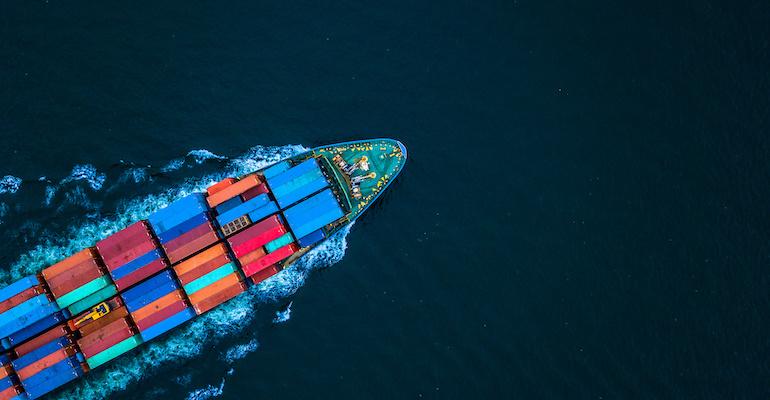The firm’s global shipping index, the XSI, remained almost flat in April – up 1.7% from March to 154.3. However, there were significant developments on certain trades and negotiations are being held against a backdrop of uncertainty over the Red Sea conflict and the delivery of record boxship capacity.
The XSI sub-indices for US imports fell by 9.4% in April, a slight increase over March, but still down by more than 50% since April 2023. Meanwhile, although the European XSI sub-index rose sharply in April, it was still down by more than 34% from 12 months earlier.
The firm’s senior analyst, Emily Stausbøll, noted that the significant increase in the European index was a result of conflict in the Middle East. Spot market rates from the Far East to the Mediterranean were up more than 60% over the last year, she said, and that would normally give carriers sufficient confidence to push for higher long-term rates.
“The reason carriers aren’t demanding higher long-term rates is because they are scared of overcapacity in an uncertain market,” she said. “Yes, carriers want higher long-term rates, but they also need to secure long-term volumes. That is the fine line they are trying to walk balancing risk and reward in such as unpredictable market.”
Seatrade Maritime News reported on 2 May that major logistics players said there was a major gap between the asking prices from shippers and carriers in annual contract negotiations on the Transpacific.
She noted that there have been record deliveries of new container ships since Q2 2023. But the Red Sea conflict has protected carriers from overcapacity because many vessels have been re-routed round the Cape. However, if ships were to resume voyages via the Red Sea in the next 12 months, carriers would be severely exposed to overcapacity, with spot rates likely to plummet.
“Carriers and shippers must wish they had a crystal ball to know how the next 12 months will play out,” she declared. “But they don’t, and this uncertainty illustrates how every single negotiation is unique.”
Copyright © 2024. All rights reserved. Seatrade, a trading name of Informa Markets (UK) Limited.
Add Seatrade Maritime News to your Google News feed.  |

